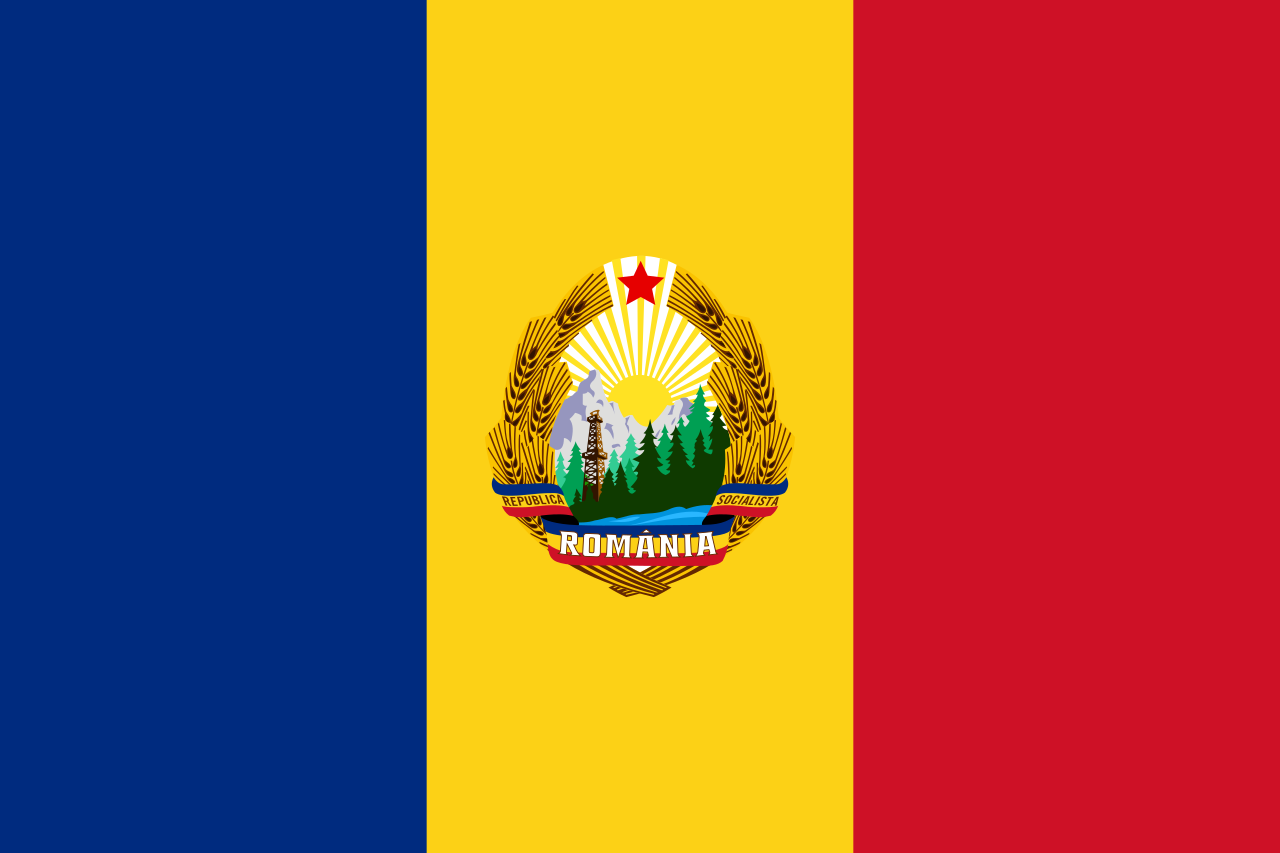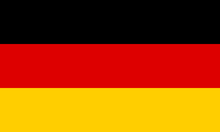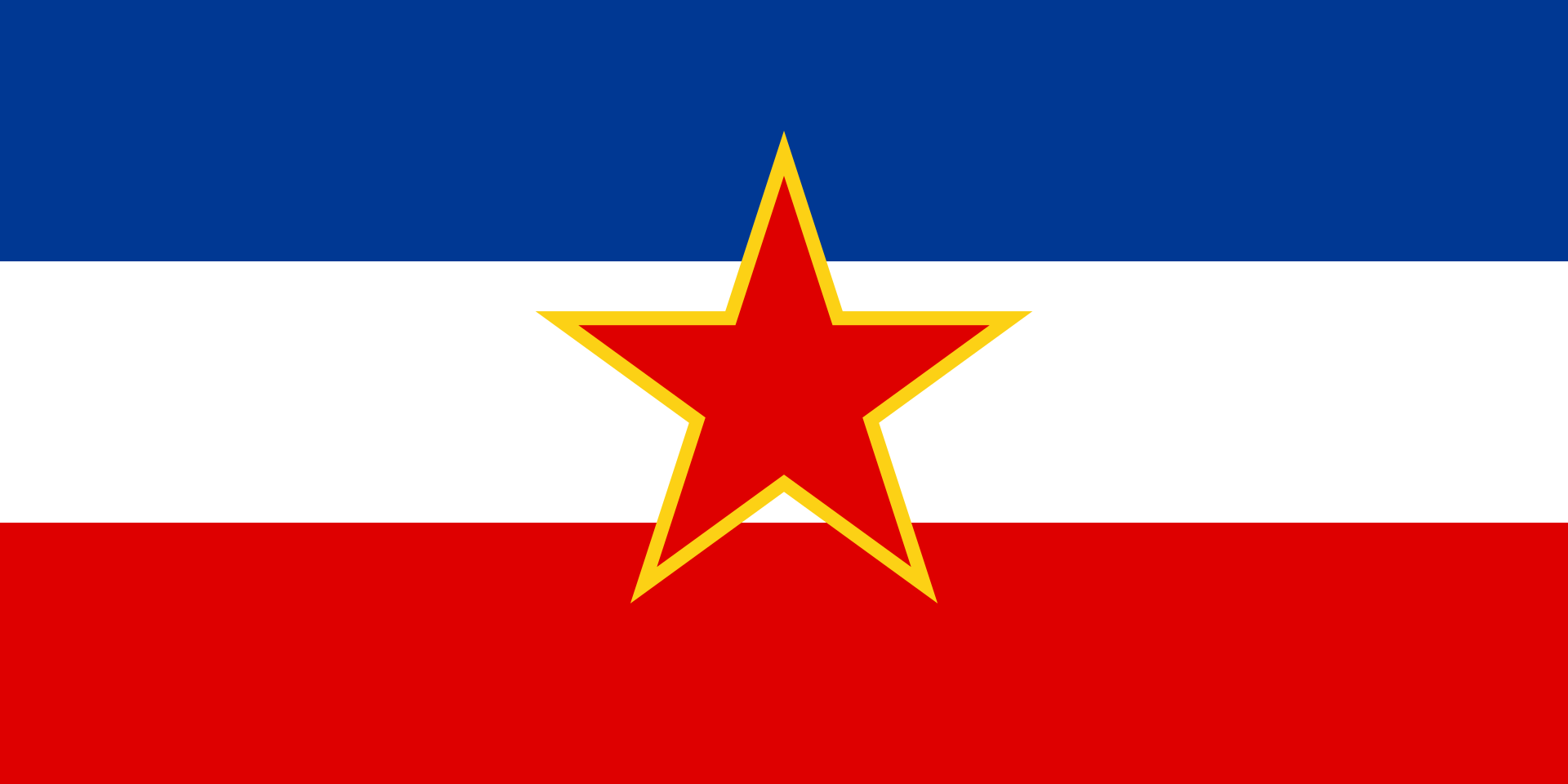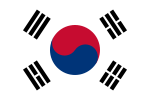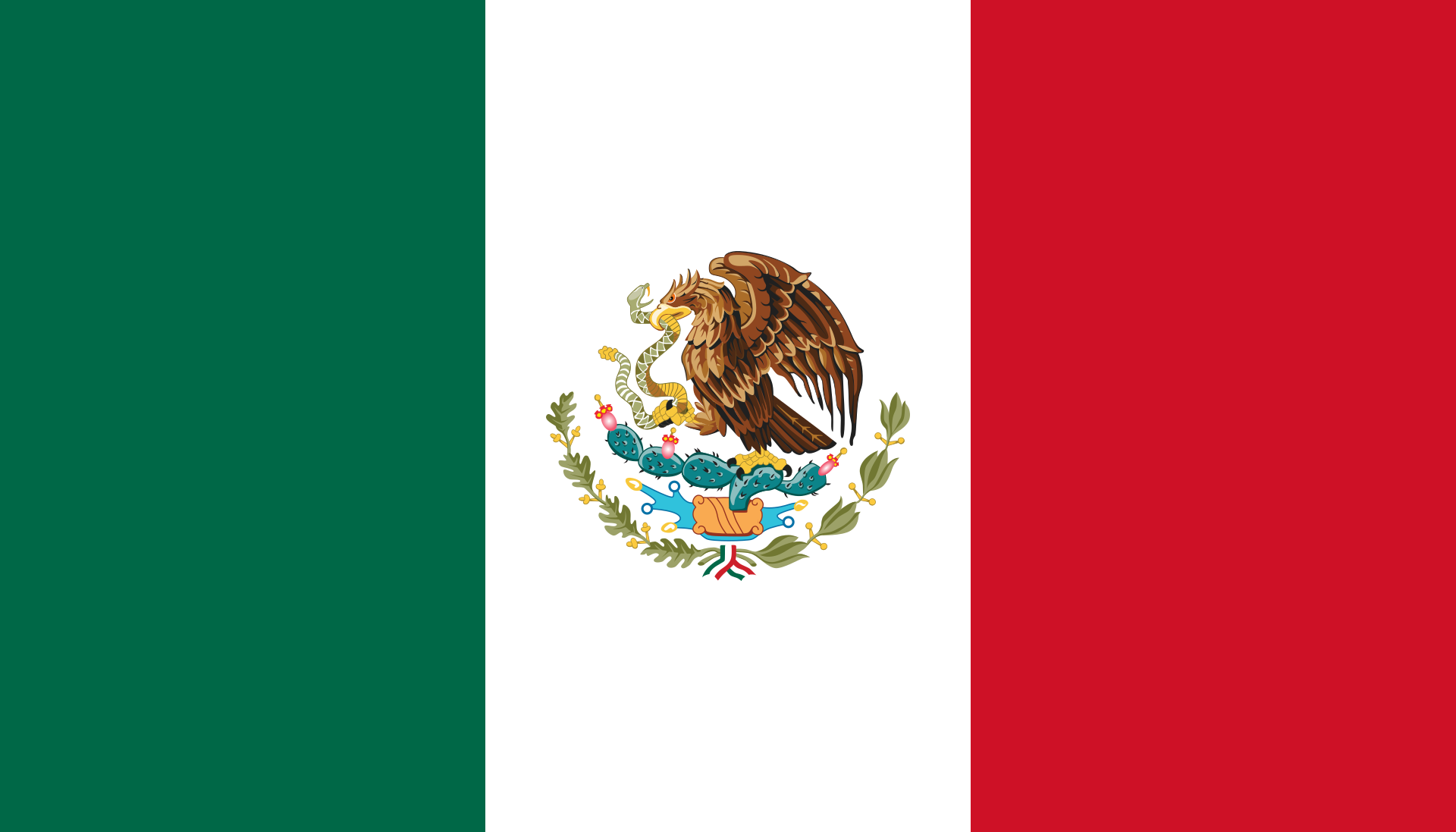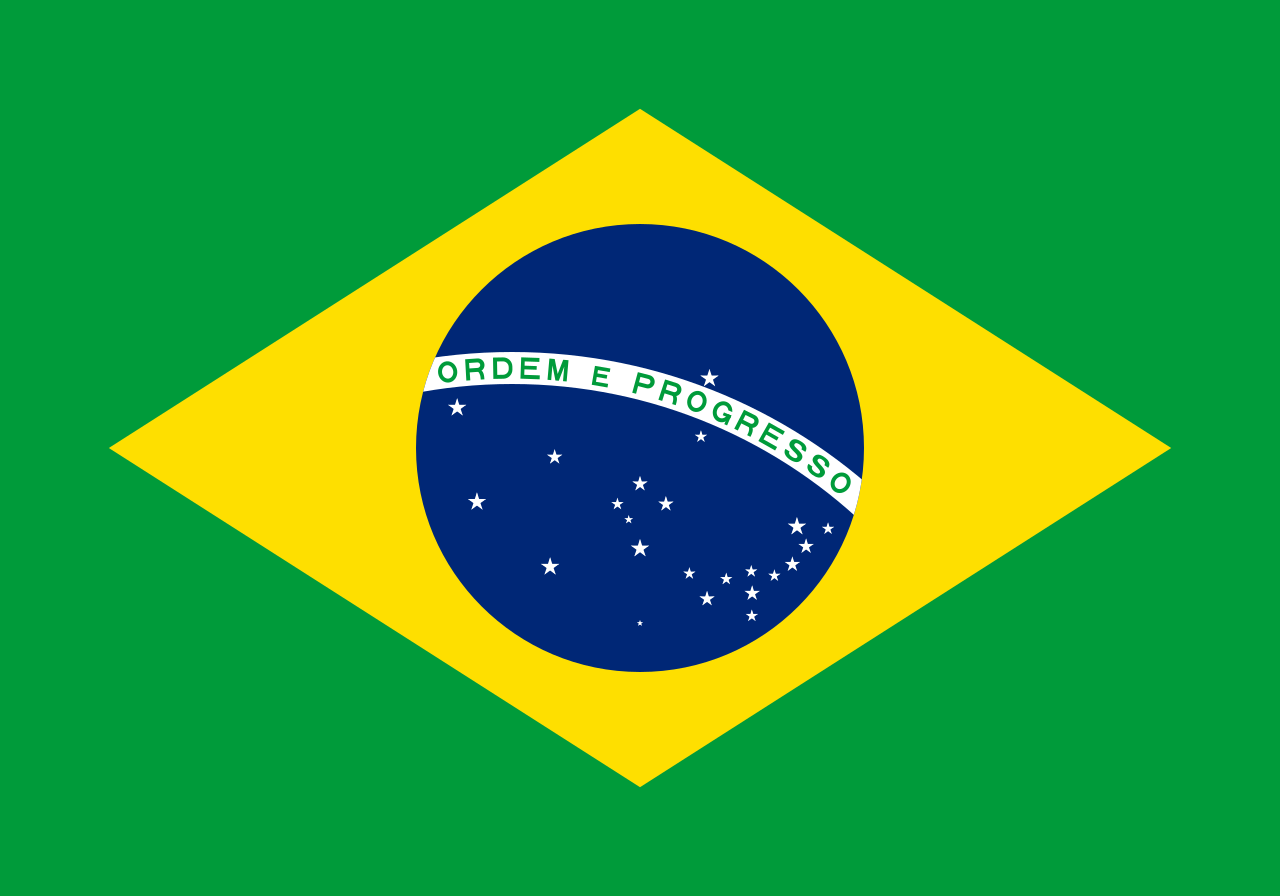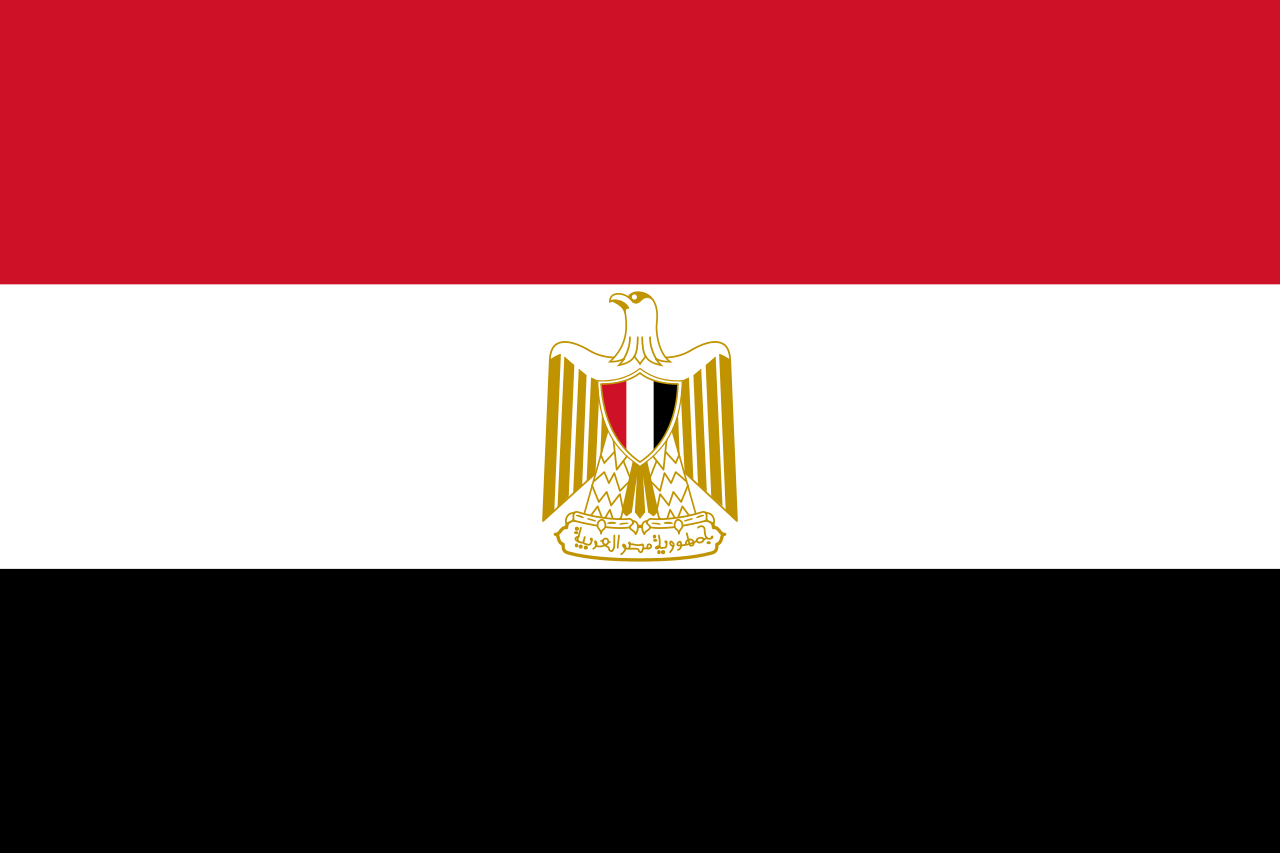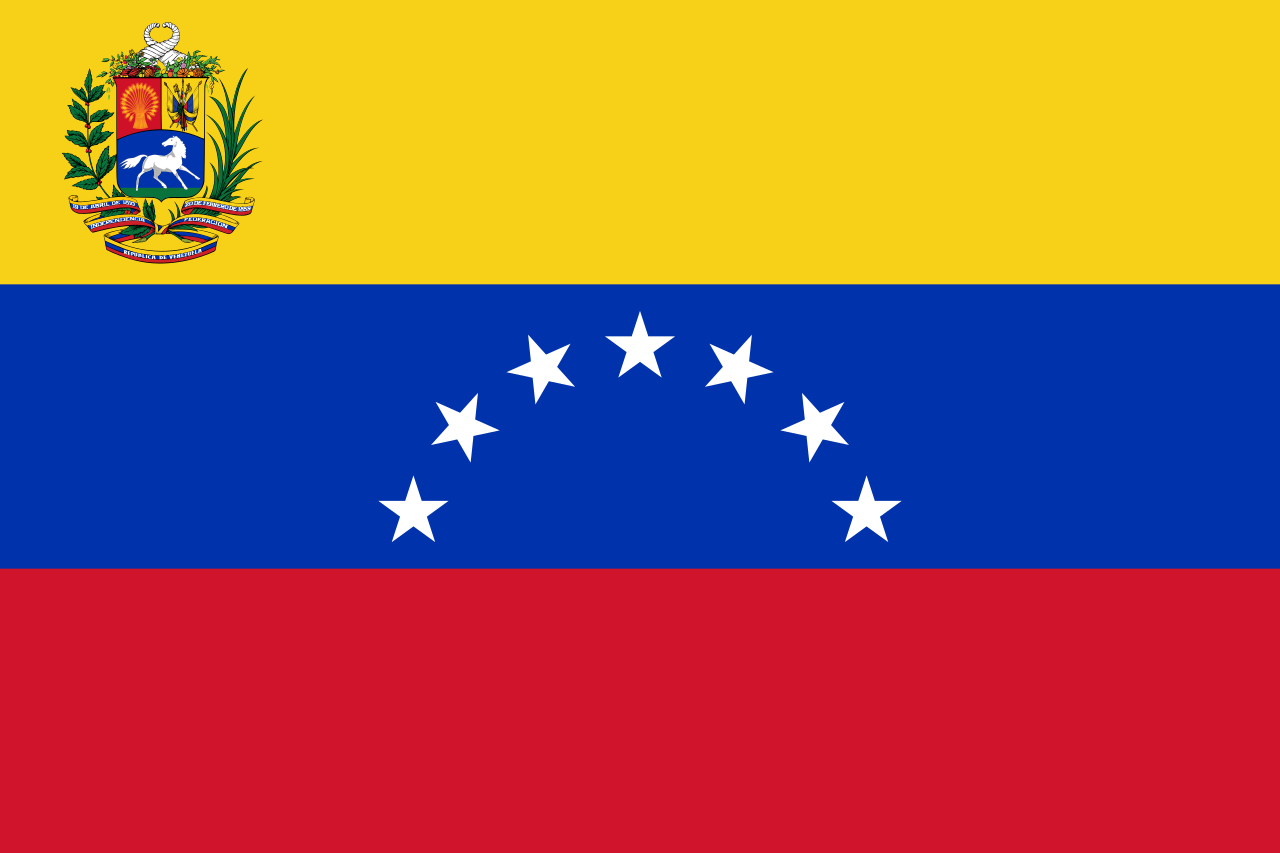
23. Olympic Summer Games
Olympic Medals in the games of 1984 in Los Angeles
688 Medals in 25 Sports in 221 Events
After 1932, Los Angeles hosted the Summer Olympics for the second time. These were from 28.7. until August 12 carried out. 6,797 participants, including 1,567 women from 140 countries, fought for the medals. As was to be expected, after the boycott of the 1980 Summer Games in Moscow, many Western European countries counter-boycotted the 1984 Games in Los Angeles. The most important countries were the Soviet Union, the GDR, Cuba, Poland, Czechoslovakia and Hungary. A total of 19 National Olympic Committees stayed away from the games. That was the third big boycott. Of the Eastern Bloc countries, Romania, Yugoslavia and China were represented in Los Angeles. In September 1983, a South Korean passenger plane was shot by Soviet interceptors for violating the airspace. This intensified the anti-Soviet sentiment in the USA and led the USSR to boycott the Los Angeles Olympic Games, because they did not see the safety of their athletes guaranteed. The Cold War had hit the sport fully and the IOC had a big problem. Officially, politics and religion should have no influence on the Olympic Games. An extraordinary IOC session was therefore convened in December 1984. The National Olympic Committees were required to let their athletes take part in the games. From now on it was only up to the IOC to send invitations to the games. Athletes had to suffer three times in a row due to political influences, because despite years of preparation and compliance with the required qualification standards, they were not allowed to take part in the summer games. This prevented a boycott in 1988 in Seoul and all subsequent games.
The opening ceremony was very impressive, with hundreds of musicians, two participants in the 1920 games in Antwerp and the rocketmen who flew through the stadium with his rocket backpack. The world had never seen anything like it before! He too had the motto "Welcome" on his suit, which was built into the celebration again and again.
The medal statistics were sovereignly won by the USA in the absence of the Soviet Union and the GDR. 83 gold medals are the best result in Olympic history. Romania was in second place, followed by the Federal Republic of Germany and China. These were the first Olympic medals for China.
Repeating Jesse Owen's four Olympic victories in 1936 was the great goal of the American Carl Lewis. Finally, like his role model, he managed to be victorious in the 100m and 200m runs, in the long jump and with the 4x100m relay. It is strange that Carl Lewis was whistled by the audience for his Olympic victory with 8.54m. Lewis had said in the run-up to the games that his fellow farmer Bob Beamon's 8.90 world record was normal in Mexico City and that he would surely wipe it out. The audience expected this to happen at the Los Angeles games. Lewis opened the 8.54m long jump final. After crossing the second jump, he finished the competition because he was sure that none of his competitors could exceed his distance and because he had to run the 200m twice in pre-matches on the same day.
A women's marathon was held for the first time in Los Angeles. Americans Joan Benoit won 2:24:52, just a little slower than the world's best marathon. But she didn't make the big headlines, but the Swiss Gaby Andersen-Schiess. She was 20 when she missed the last beverage station. The sun burned relentlessly on the runners and she was completely dehydrated. In the Los Angeles Coliseum, the runners still had to run 500m. Her body could no longer walk, she staggered, stopped, stumbled, swayed and continued to torture herself. They were considering taking her out of the race, but she fought it off. Her head noticed that 90,000 spectators cheered her on. Most of them stood on their armchairs. One runner after the other overtook her, but after seven minutes she was 37th and still crossed the finish line and collapsed there. It was carried out of the stadium on a stretcher. Medical care was quick, she recovered and gave interviews on television that same evening. The mind had triumphed over the body!
In basketball, the United States actually only had one opponent at the same level: the USSR. But it was missing. The USA with Chris Mullin, Patrick Ewing and Michael Jordan were never challenged in any game, the Olympic victory was easily achieved.
The most successful athlete was the Romanian gymnast Ecatarina Szabo with 4 gold and one silver medal. The Chinese gymnast Li Ning won most medals, 3 gold, 2 silver and one bronze medal.
Extensive doping controls and gender checks were carried out. Two athletes had to return their medals for doping.
With the playing of Los Angeles, a commercialization started, which continues until today. Coca Cola, MacDonalds and Levi Strauss were the main sponsors. This brought in a lot of criticism since the Olympic Games we reacted to a company. On the other hand, there were also opinions that this sponsorship is good because it ensures the continued existence of the Olympic Games. The American television station ABC paid $ 225 million and secured worldwide broadcasting rights. In addition, they were assured that those competitions that were particularly popular with American audiences were held and broadcast in prime time in the United States. The ABC asked for $ 250,000 for a minute of advertising and money from the national television stations for the broadcasts. The IOC and the ABC made huge profits.
